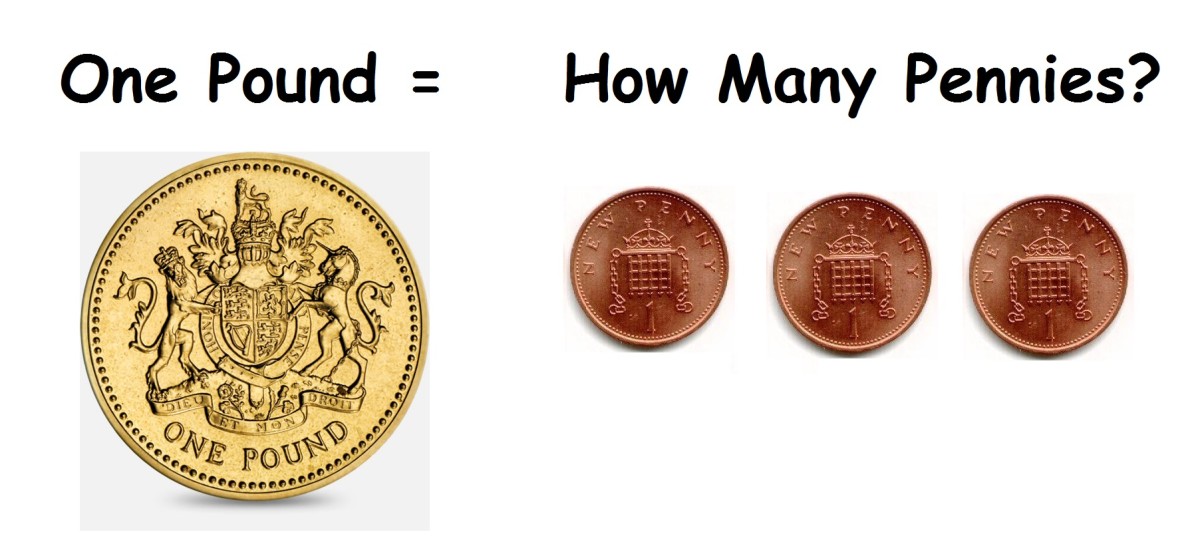Going From a Bleeding-Heart Liberal to a Contrarian
I have considered myself a liberal for decades. I have been a supporter of the government's social programs from Head Start to Medicaid as well as Social Security and Medicare. I have scoffed at those who rail against "entitlement programs". The term I felt was better attached to business leaders and politicians who placed themselves above the law. We taxpayers weren't getting anything free I argued; it was the taxes we paid all the years we were employed that were coming back to us in benefits or going to those who were truly needy. Then I met a man who became a good friend who set out to educate me. He told me I wasn't a liberal but a contrarian. At first, I thought he was dead wrong. I thought he was an ultra-conservative to the right of Attila the Hun. However, we both had no respect for George W. Bush; we were against the war in Iraq. But my friend was a supporter of Congressman Ron Paul a libertarian in philosophy who believed the best government is the least government. Then my friend Jack introduced me to the world of economics and how it is tied up with politics. I had never followed the stock market. The small amount I had in an IRA had lost most of its value. I figured we were just in tough economic times and sooner or later things would get better.

A contrarian does not believe in government intervention when things get tough. If the economy is stumbling (in the beginning, if you remember, that is what it appeared to be: "a bump in the road") you let it fall on its own. That meant no money for banks said to be " too big to fail", auto companies that need to be saved if we are to be a nation with any kind of manufacturing base. That meant if people lost jobs, homes and savings those were natural consequences of decades of overspending and risky decisions by people, businesses and the government. The outcome was bleak but it was a choice of pain now or pain later after the government spent trillions in an effort to "save us". At first, it seemed heartless, but there were the facts. Years of personal and government spending had led to debt that was unsustainable. People and business leaders who had made risky decisions were going to have to face up to the consequences sooner or later. According to contrarians what would be worse would be to increase the government's debt in an attempt to stave off inevitable disaster.
Because (and this is the eye opening part) if the debt increases, the government is forced to print more money causing the dollar to drop in value. So what? If the government creates so many more dollars intervening in this unfolding disaster, we risk the dollar being replaced as the reserve currency of the world.
But I really like President Obama
Now that seemed far fetched but I was first introduced to the concept of hyperinflation in early 2007.What I saw at the time were some businesses failing, more people losing jobs and housing prices dropping as foreclosures rose. The concept of hyperinflation with sky-high interest rates and huge price spikes seemed unlikely. However, I did do more research on what hyperinflation would mean if it ever happened. It would mean consumers and businesses would face huge spikes in costs. It meant stock market collapse because credit would be virtually unattainable or bear such high interest rates it would halt spending. That would halt manufacturing of goods. American consumers would be scrambling to save not spend. And if the American consumer (who has been the goose that has laid the golden egg) stopped buying all those imports how interested would other countries that depended on our buying those imports be willing to support the US dollar?
How much is grandma's silver worth?
Are you with me? I couldn't begin to go into a really thorough explanation of all that I discovered when I began researching the contrarian philosophy. I am still dichotomized. On the one hand, use government funds to keep people in their homes, to make sure credit is available for businesses to stay afloat and for consumers to continue spending or face the natural painful consequences of a nation way over its head in debt. Today some analysts say as soon as consumers regain confidence in the economy and begin spending again the country will be back on its feet. Some economists say there are already "green shoots" indicating economic recovery. These days I watch CNBC in amazement. Seemingly intelligent people say the housing market is stabilizing, banks will soon start granting more credit, and the ranks of the jobless will shrink. Jobs will be created as the stimulus money is spent on new technology and energy efficient businesses. "Happy Days are here Again" right"? For those who see deflation as a greater threat right now. I would agree that is the more imminent problem; with the shrinking buying power of consumers, businesses are forced to drop prices. The prospect of the dollar being replaced as the international currency is premature by years if not decades. Because this is an international depression shaky as the dollar is, many foreign and American consumers still see it as the best place to invest their money. What all of this means is that what is going to happen to the economy and therefore how we should invest out money is a subject upon which even economist don't agree. That puts the burden back on us, each one of us to figure out what we think will happen. It's a very important task. What each of decides determines what we buy a house, a car, take a vacation or not. What is even more important is protecting what investments and nest eggs we may have. We have to do our homework. That means reading and listening to the full spectrum of opinions. My advice: Read the business section of every newspaper you can and in addition go on-line and read everything from The Wall Street Journal to USA Today, Then subscribe to newsletters. Yes, it results in a lot of e-mail to read. The alternative is to bury your head in the sand and figure "Things have got to get better. Right?" My favorites include Silver-Investor, Agora Financial, Daily Wealth and The Growth Stock Wire. I mention these because they actually give analysis and are not just come-on's for some "get-rich-quick" schemes. Some like Silver-Investor contain not only archives but audio and video interviews. Time consuming? You bet, but ignoring the analysis means losing money, the money of each of us.
As this disaster continues and the depression deepens I feel as I did when I found out there was no Santa Claus. As a contrarian I won't be putting presents under the Christmas tree but as a liberal I hope for a miracle that somehow the big fat man will come down the chimney and we will all have presents under the tree.
- Contrarian Investment Newsletter, Investing Advice, Investment Ideas
DailyWealth is a free investment newsletter that uses contrarian investment strategies to highlight investment opportunities that include topics on oil, gold, real estate investing and alternative energy investments. - Silver Investor - Silver, Gold & Precious Metals Investment, Silver Mining, Stocks, z Report &am
You have come to the right website for the most comprehensive collection of information on the silver market, mining & stocks. Get expert advice on silver coin, gold & precious metals investment. Contact us on 509-464-1651 & SIGN UP FOR T - Welcome to Agora Financial
The Premier Source for Independent Financial Advice & Market Analysis for Over 25 Years!.






